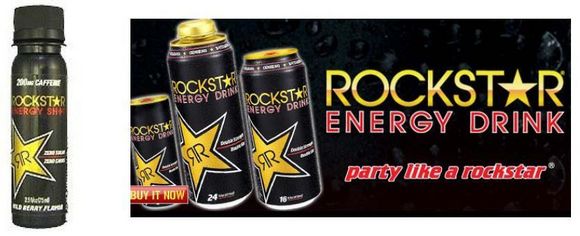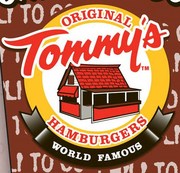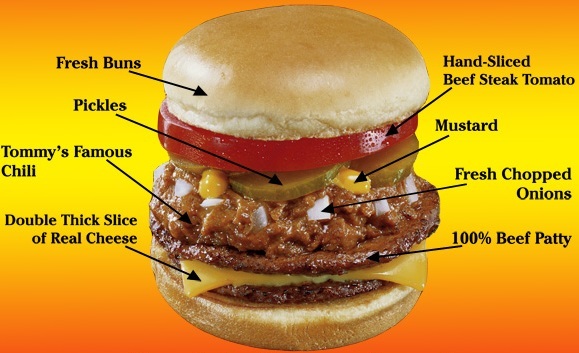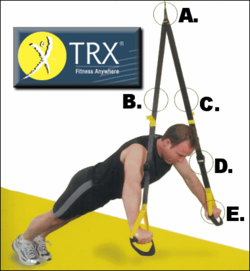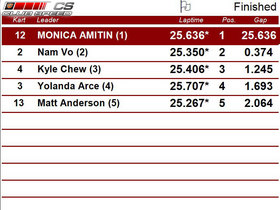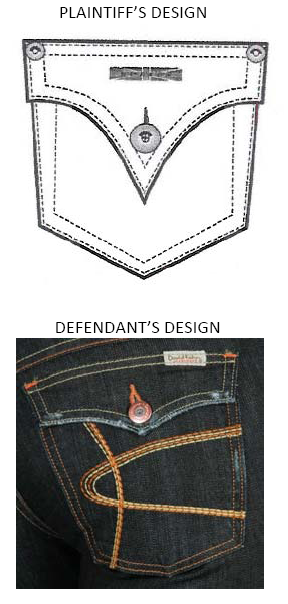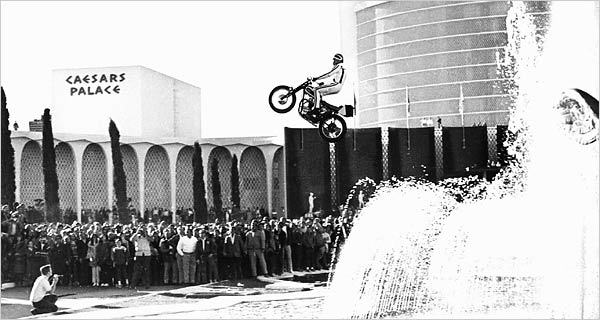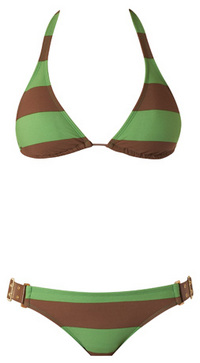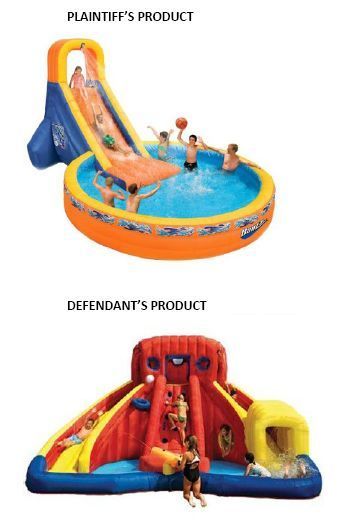Los Angeles, CA – Energy drink manufacturer Rockstar, Inc. licenses its trademarks from its founder and CEO, Russell G. Weiner. The Rockstar family of trademarks includes Rockstar Energy Drink®, Rockstar®, Party Like a Rockstar®, and the pending Rockstar Energy Shot™. In addition, Rockstar’s promotional materials for its drinks use the tagline “So grab it, shoot it, and Rock ON!” Rockstar alleges that it has sold over one billion cans of its energy drinks and has annual sales of several hundred million dollars. The energy drinks have been sold in containers having the alleged distinctive trade dress depicted below.
Defendant Rock On Energy, LLC is accused of using the confusingly similar trademark ROCK ON for a competing energy drink, which is sold by at least one mutual retailer. Also, Defendant is accused of using the confusingly similar “Live Loud. Play Hard. Rock On” tag line for its energy drinks. Further, Defendant allegedly uses a beverage container and product packaging that is confusingly similar to Rockstar’s trade dress. Defendant’s container is mostly black with lettering that is similar in fonts and colors to that of Rockstar’s. The case is Rockstar, Inc. v. Rock On Energy, LLC, CV 09-04017 GAF (C.D. Cal. 2009).
 Los Angeles Intellectual Property Trademark Attorney Blog
Los Angeles Intellectual Property Trademark Attorney Blog



